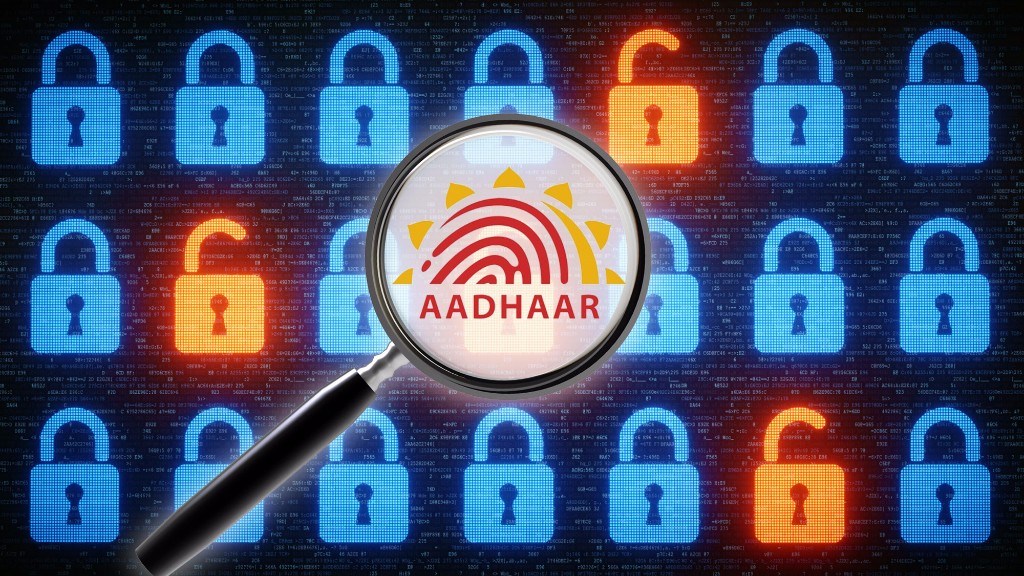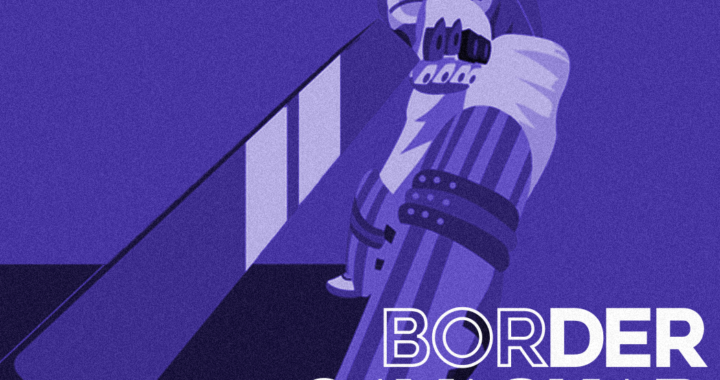Aadhaar Case – What’s been going on

Representative image. Credits: http://www.insightsonindia.com/
“Though the Earth, and all inferior Creatures be common to all Men, yet every Man has a Property in his own Person”.
John Locke
A question that has arisen as a matter of global debate, expedited by the revelations of Edward Snowden is “Why privacy matters?”. In the boom of the digital era, there is a rapid increase in the level of surveillance we experience, which makes our personal information quite vulnerable and endangered.
A very common argument in this debate is that there is no real harm in such mass surveillance because the only people who have to be worried about their privacy are those who are engaged in “bad” activities. This claim divides mankind into two categories – into “good” and “bad” people. Good people are the common citizens who go to work, come home, watch GOT, and use the Internet for things other than planning bombing attacks or other illegal activities. Thus, they need not worry about their privacy as they are doing nothing wrong.
“Why should I care if I have nothing to hide?”
Eric Schmidt, the former CEO of Google, was once asked about the ways in which his company was causing invasions of privacy. He replied, and I quote, “If you have something that you don’t want anyone to know, maybe you shouldn’t be doing it in the first place.” This statement fails the moment you type in your password to login to your Google account. The counter to this argument can be found in one of Snowden’s speeches, in which he said that “Arguing that you don’t care about the right to privacy because you have nothing to hide is no different than saying you don’t care about free speech because you have nothing to say.”
I believe that although we sometimes disclaim the importance of our privacy, all of us instinctively understand its importance. For instance, many of you wouldn’t want your mom to read your text messages. Sure, it’s not illegal, but would you text the same words knowing that you are being watched? Each and every individual has a line that they’re not willing to cross when it comes to sharing information, be it with an individual, the state or any private organisation.
Recently, the Supreme Court unanimously ruled that privacy is a fundamental right because it is intrinsic to the right to life. The fundamental theory of how a government was formed – the Social Contract Theory – states that people willingly sacrifice a few freedoms to allow the government to rule over them, in exchange for the protection of their life and property. But does this “social contract” hold when it breaches a person’s identity, their own property, in the name of providing a proof of citizenship? Yes, I am talking about Aadhaar.
Aadhaar is not merely a card but a digital identity given to a person in the form of a 12-digit number. We all know what information we gave while applying for Aadhaar card and all this data must be stored somewhere. Now, it should be for me to decide whether I want to disclose my information, and how much of it I want to disclose. Any other state of affairs is a breach of privacy. Initially, the Aadhaar was a non-mandatory scheme, so the question of “whether” did not come up. But what information an individual wants to give is now out of that person’s hands. A person’s biometric data is their own identity, and a mandate to give that up is in essence a breach of the identity of the individual.
As we know, all the Aadhaar data is centralized. So now the question of security comes up as well, apart from that of privacy.
Consider, for instance, the role of a window in your home. It provides various obvious functions for you, but it can also be vulnerability. To protect against unwanted visitors, you can put bars on the window, while still allowing you to keep all its basic functionalities. This is security. On the other hand, we can prevent unwanted eyes from peeking inside by putting a curtain. This is privacy. Concealing the view inside also provides you with security as potential intruders will be unable to see the insides of your home. Thus, security and privacy have a symbiotic relationship. (https://yourolddog.com)
Coming back to my concerns in the context of Aadhaar, data security is very important here. Although centralized databases have technical demerits of their own, the real question here is, how secure is your information in the government’s Aadhaar database?
According to a report published by the Mint in February, the government has a plan to link the Aadhaar database with public and private bodies. Needless to say, this will make the data more vulnerable to theft. The UIDAI has admitted that data has been leaked in the past, and that they have already shut down a dozen websites that were found to accidentally have a resident’s Aadhaar number illegally. These violations expose us not only to pestering sales calls and online scams, but also something as disastrous as an act of terrorism. The UIDAI has always said that the Aadhaar database is secured and that they are continuously adding more layers of security. But given the number of breaches that have already occurred, it would be wise to be skeptical.
Superficially speaking, Aadhaar is serving its purpose of, amongst other things, being an easy method of identification, and helping prevent leaks of welfare and subsidies. But consider the bigger picture. Once this program matures, the government would have complete access to all of your information. What would you do if your biometrics were compromised? The retina and fingerprint scanners convert your data into a stream of bits that will live on even past your own death!
It is easier for an individual having Aadhaar to get things done than for someone who doesn’t have one. And with the increasing influence of Aadhaar in many schemes there are proposals to link Aadhaar with an exhaustive list of facilities, PAN card being one of them. This link was introduced because in the past it has been quite easy for individuals to get multiple PAN cards and split their income into multiple parts, thus dodging taxes. In theory, the uniqueness of the biometric data in the Aadhaar card would make it impossible to do that now.
This move was also well appreciated as it helps eliminate malpractices and corruption. The downside is that, since Aadhaar is linked or will be linked to every other service number out there, the government could play the role of a Big Boss and track all the movements of its citizens.
A system of mass surveillance suppresses our freedom in all sorts of ways. When the situation is such that we never know when we might be under monitoring, our behaviour changes dramatically. This is a fact of human nature and results in us becoming more conformist. When people are in a state of being watched, they take decisions which are not only a result of their own thoughts and beliefs but are also influenced by the expectations others have on them. In fancy words, this is known as the chilling effect. When we are continuously being watched, or even when we think that we are continuously being watched, we lose the ability to be ourselves.
The government has continually been denying that the right to privacy is a fundamental, constitutional right. But in the end of August 2017, a nine-judge constitutional bench of the Supreme Court passed a unanimous landmark judgement saying that right to privacy is a fundamental right under the Indian constitution.
The implications here, are massive because now there are a lot of question marks surrounding the Aadhaar system. Can the government still say that I must give my fingerprint and retina scans if I want to be beneficiary of government services? Still, Aadhaar will probably not get condemned on the whole, though it is possible that it being mandatory for some government services might fail the test of constitutionality, given that Privacy is now recognized as a fundamental right. So I believe that the concerns that have been raised about the privacy and security of Aadhar are still valid, especially after the Supreme Court’s judgement, which has given valuable guidance by affirming the status of privacy as a right.
It is worthwhile to mention that frameworks and institutions evolve. And they evolve to adapt to society. It would not be irrational to believe that Aadhaar, too, will develop to become more flexible, less compromising of an individual’s identity.
Image Credits: Insights on India.

 The Mess-y Situation
The Mess-y Situation  Ping! merges with Blogs@IIIT
Ping! merges with Blogs@IIIT  Cricket Corner: Looking Ahead to the Border-Gavaskar Trophy (Pt III)
Cricket Corner: Looking Ahead to the Border-Gavaskar Trophy (Pt III)  Cleaning up the Mess?
Cleaning up the Mess?  Qu’ils mangent de la grenouille! (Let Them Eat Frogs!)
Qu’ils mangent de la grenouille! (Let Them Eat Frogs!)